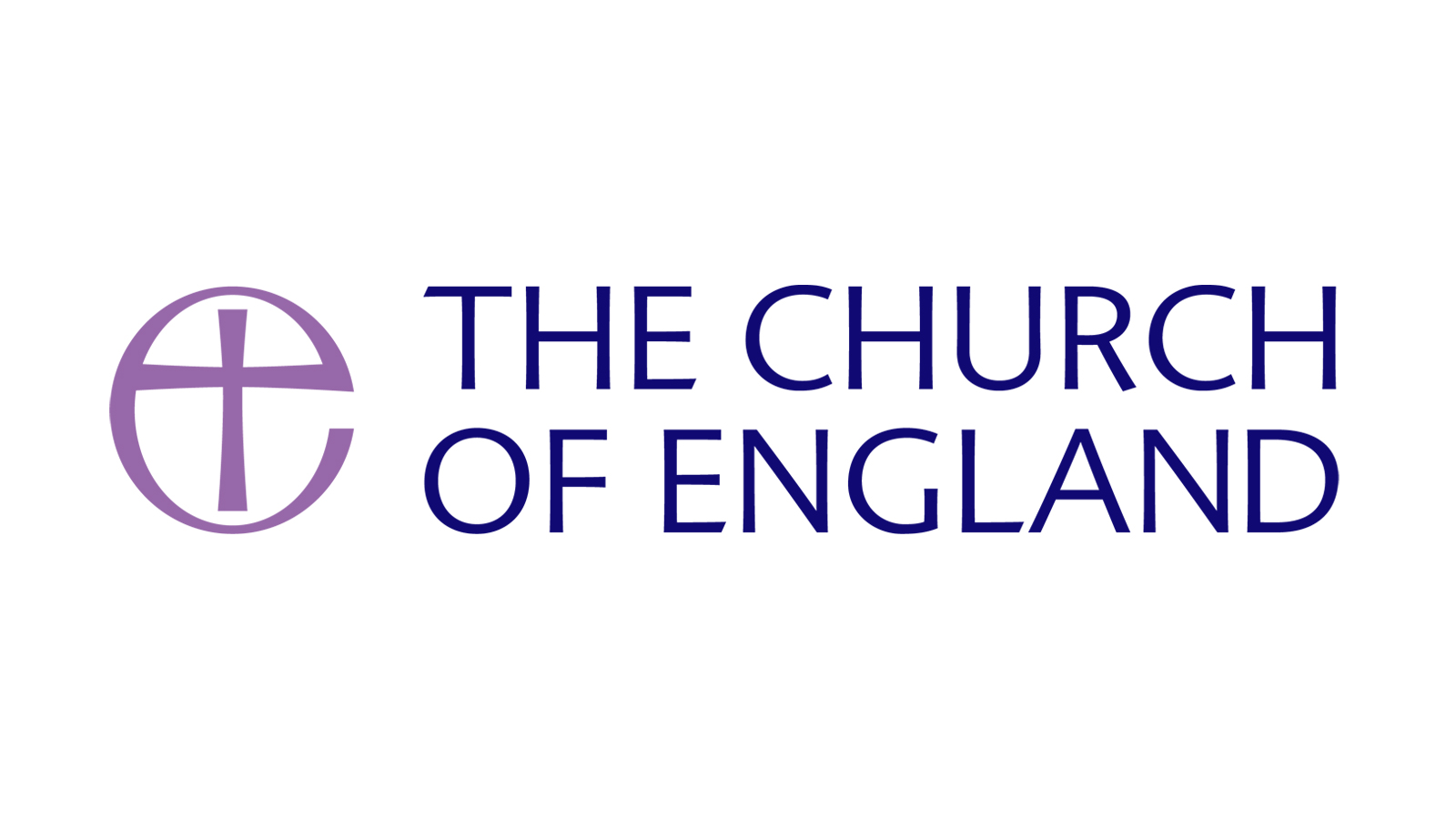The Freedom From Religion Foundation can only say “Brilliant!” in response to an announcement that a bill will soon be introduced in Parliament to disestablish the Church of England.
Liberal Democrat peer Paul Scriven, who is behind the move, calls disestablishment “long overdue.” Disestablishment is certainly overdue in a nation where fewer than half of its residents are even Christian, according to the 2021 census. A 2019 survey found just 1 percent of 18–24-year-olds belong to the Church of England, and the Church’s own figures show that fewer than 1 in 100 individuals in England attend regular Sunday services.
Perhaps the distressing sight of King Charles III kneeling before a bible and kissing it at his coronation ceremony hastened the decision to introduce the legislation. The coronation took place at Westminster Abbey, where Charles swore an oath before the bible to uphold the Church of England’s privileges during the ritual led by the Archbishop of Canterbury. The National Secular Society, which has been campaigning for the church’s disestablishment since its founding in 1866, reports that a cross claiming what was purported to be shards from Jesus’ crucifix was part of the ritual. Charles was anointed with “consecrated oil” from Jerusalem. The king’s official title is “Defender of the Faith and Supreme Governor of the Church of England.”
In the United Kingdom, Catholics are explicitly barred from the throne. The monarch must be a confirmed Anglican who swears an oath to maintain and uphold the Church of England and “all such rights and privileges” of its bishops and clergy. Twenty-six seats are reserved for Church of England bishops in the House of Lords, where, according to the National Secular Society, they oppose same-sex marriage, resist greater access to reproductive health care, retain the criminalization of assisted dying and ensure all state schools hold daily acts of collective Christian worship. Female priests are banned. Both houses of Parliament open with Anglican prayer.
The National Secular Society further notes that one-third of England’s state-funded schools are faith schools, the majority affiliated with the Church of England.
“In a modern and plural England, it is rather archaic and unacceptable that a privileged religious organization is planted right at the center of the way the state is organized and run,” says Scriven. “We need to reflect Britain as it is today, not what it was back in the 1500s.”
Wales disestablished the church in 1920, and the Church of Scotland is not officially established.
“At a moment when the United States is struggling to retain our secular democracy, we’re cheered by the news that disestablishment is being debated and contemplated in Britain,” says FFRF Co-President Annie Laurie Gaylor. “The privileging of the Church of England is holding back progress and allows it to force its doctrines on the majority of non-Christians. It’s time the British tell the Church of England to ‘sod off.’”
The Freedom From Religion Foundation is a national nonprofit organization with over 40,000 members across the country. Our purposes are to protect the constitutional principle of separation between state and church, and to educate the public on matters relating to nontheism.
If you are an FFRF member, sign into your account here and then update your email subscriptions here.
To become an FFRF member, click here. To learn more about FFRF, request information here.

